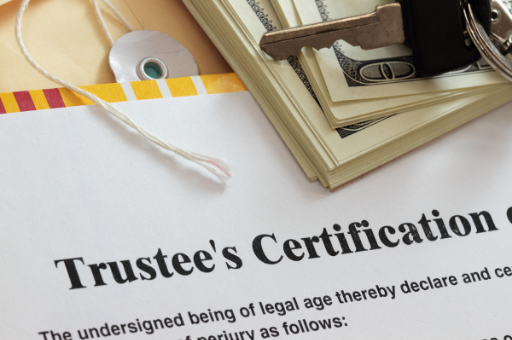
Other Methods to Preserve Your Estate
Other Methods to Preserve Your Estate Updated: February 16, 2024. Payable/Transfer on Death Accounts Transfer on Death Deeds Homestead Protection Property and assets inherited after your death goes through the probate court if they are included in your will or if you die without one. Avoiding the probate process will save time and money on […]









